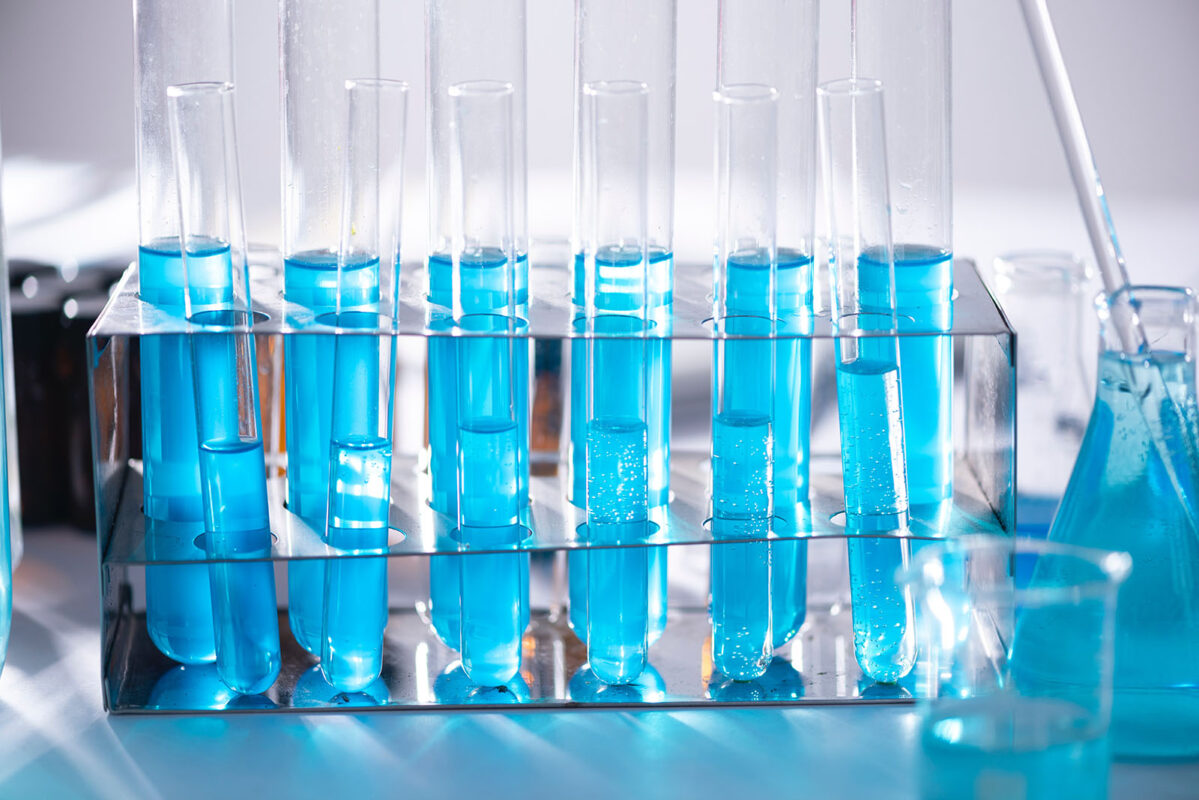Mesenchymal stem cells (MSCs) are multipotent cells that can be derived from a variety of sources including bone marrow, umbilical cord, placenta, amniotic fluid, and peripheral blood. MSCs have promising therapeutic uses in regenerative medicine; however, MSCs can vary in potency, differentiation and self-renewal potential. Different assays exist to evaluate the potency of these cells.
The colony-forming-unit fibroblast (CFU-F) assay has been widely used to count the number MSCs in bone marrow as a measure of potency. Other assays that have more recently replaced CFU-F involve the detection of cytokines and other immune factors. A multipronged approach to measure potency has been developed in response to the International Society for Cell Therapy’s call for a more comprehensive assay. This approach is comprised of secretome and transcriptome-based assays which define cytokine, extracellular matrix proteins, growth factors and regulators secreted by MSCs and their RNA expression profiles.[3,4]
3. Jiao J, Milwid JM, Yarmush ML, Parekkadan B. A mesenchymal stem cell potency assay. Methods in Molecular Biology (Clifton, NJ). 2011;677:221-231. doi:10.1007/978-1-60761-869-0_16
4. Chinnadurai R, Rajan D, Qayed M, et al. Potency Analysis of Mesenchymal Stromal Cells Using a Combinatorial Assay Matrix Approach. Cell Reports. 2018;22(9):2504-2517. doi:10.1016/j.celrep.2018.02.013

